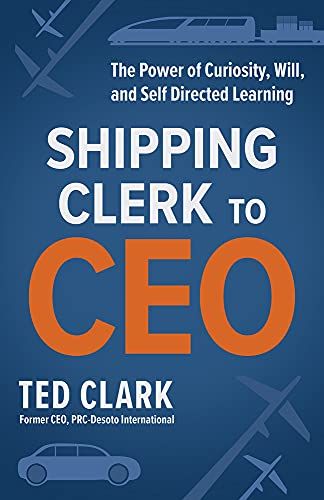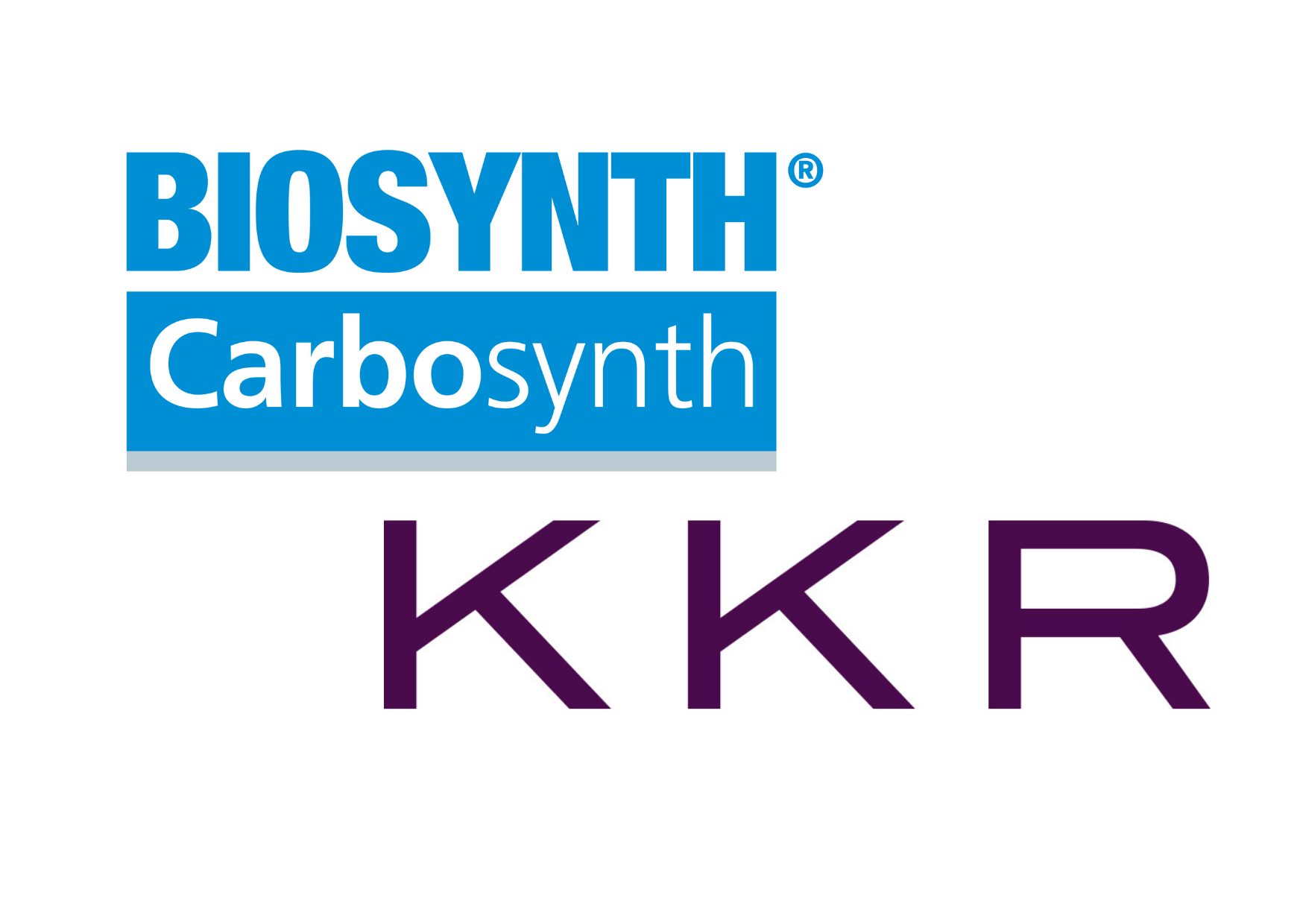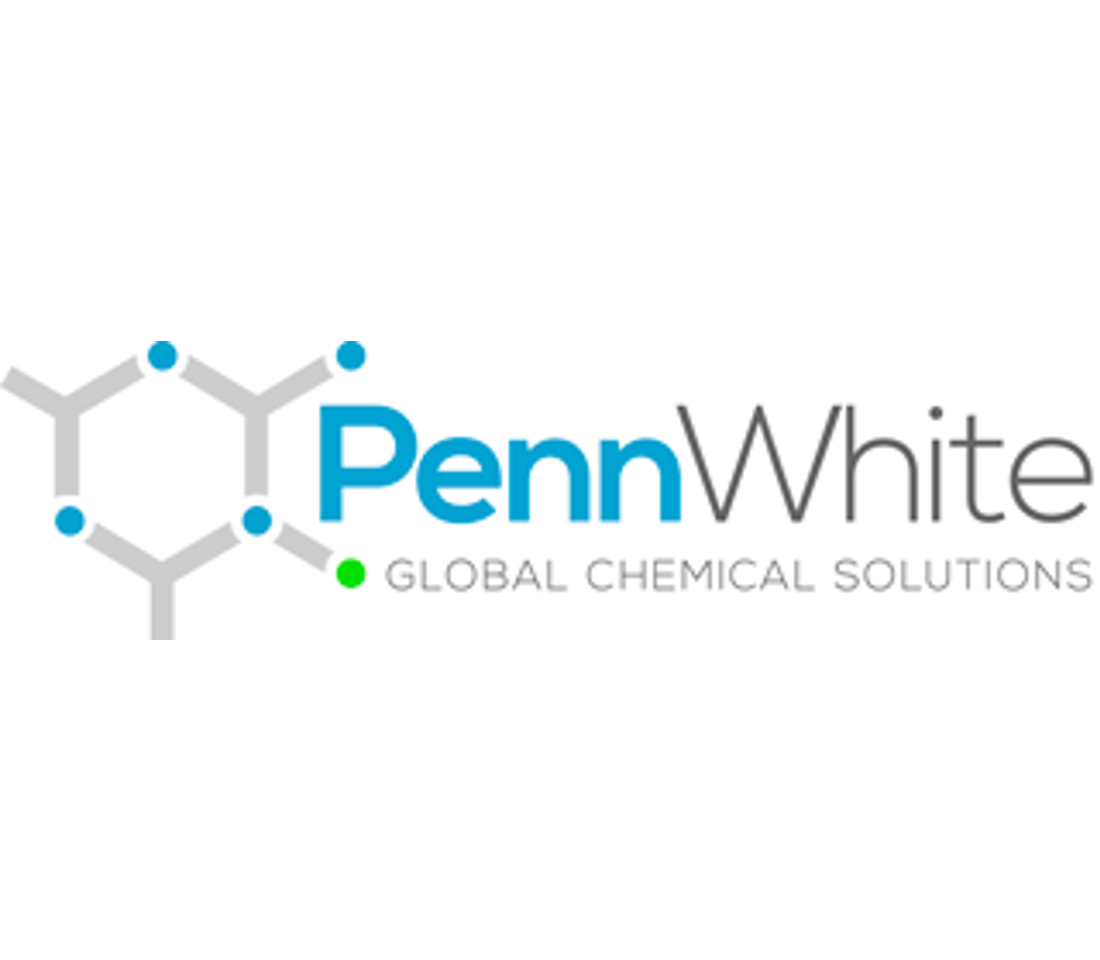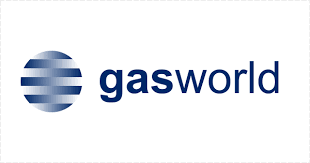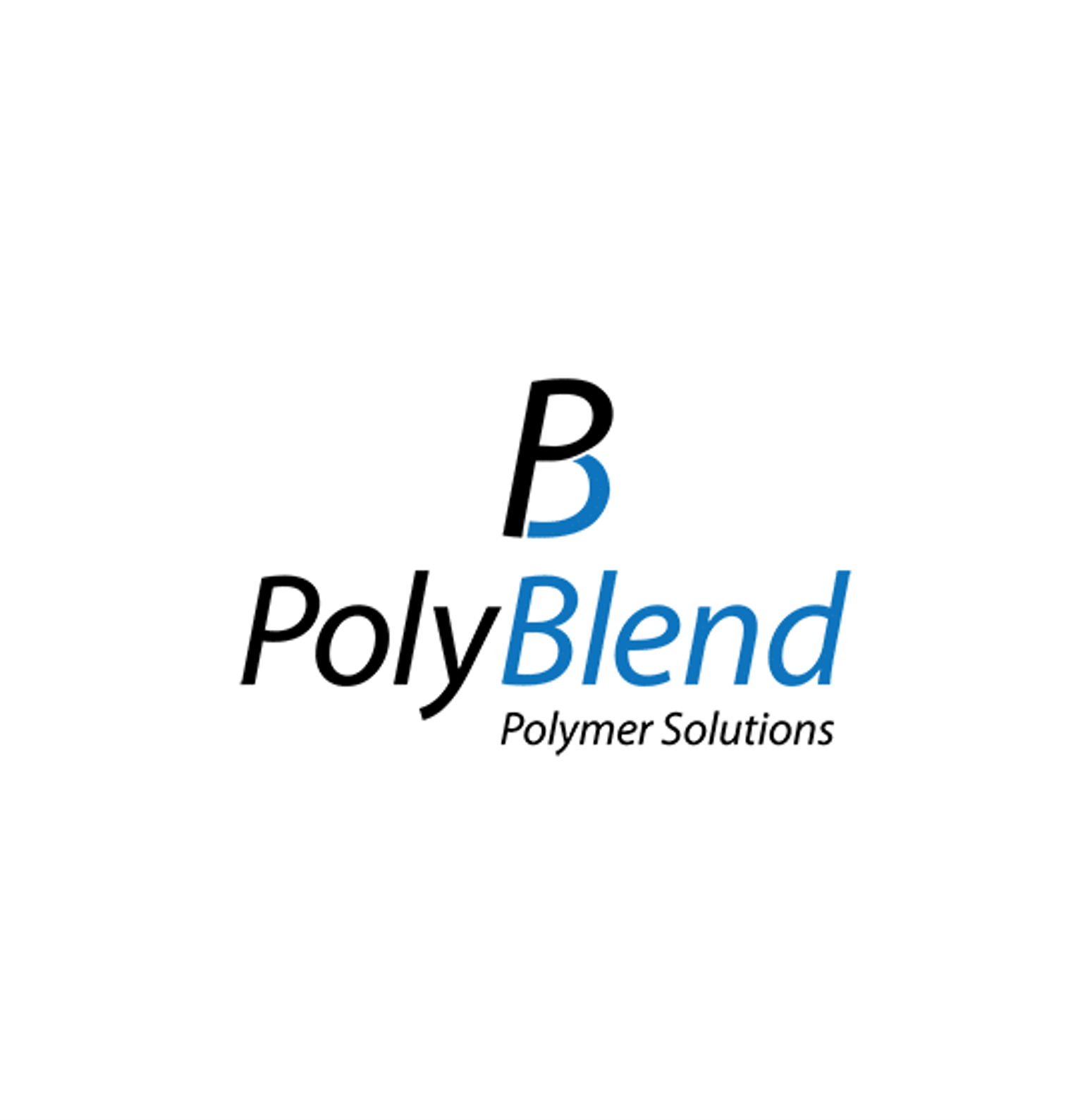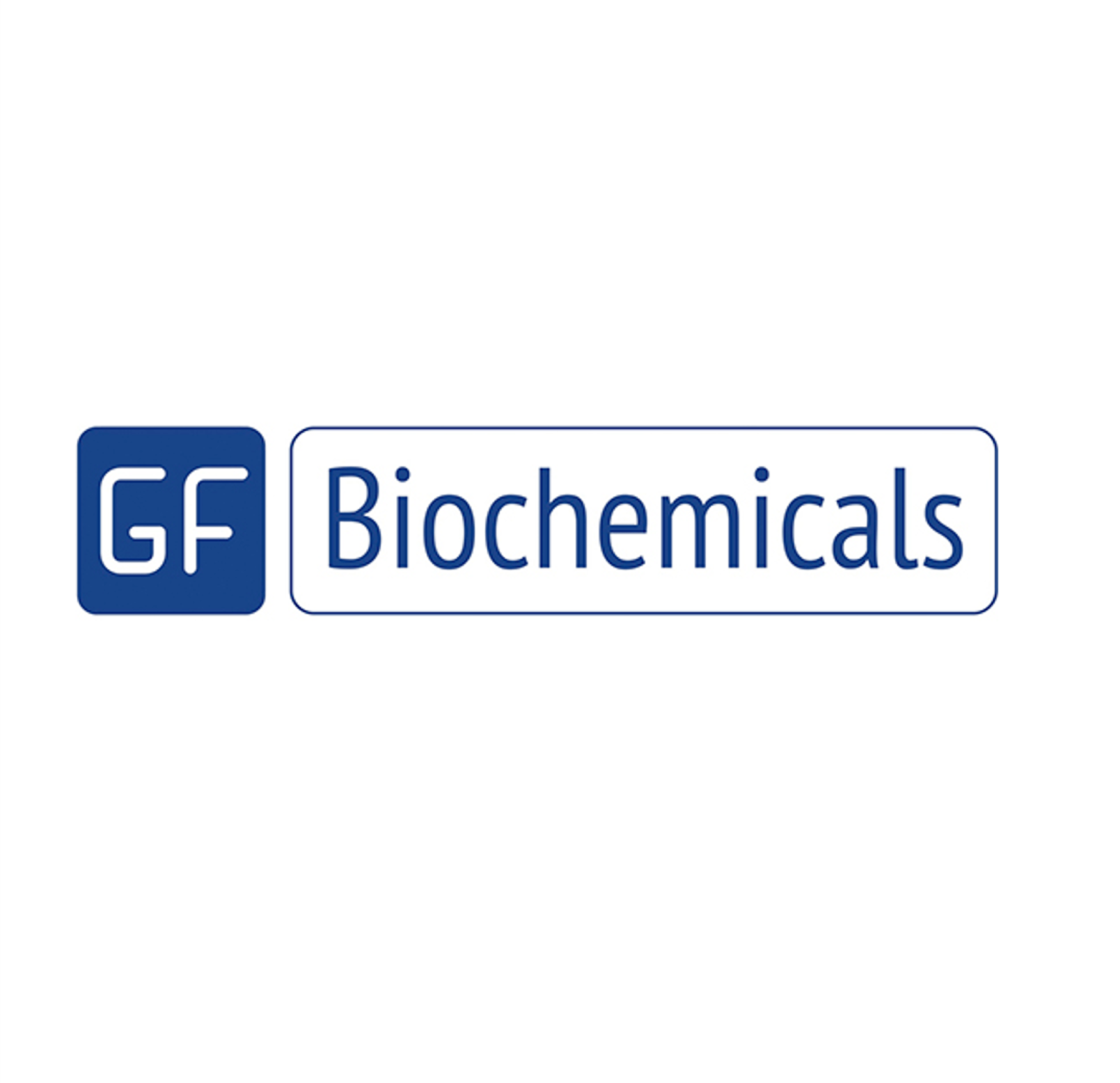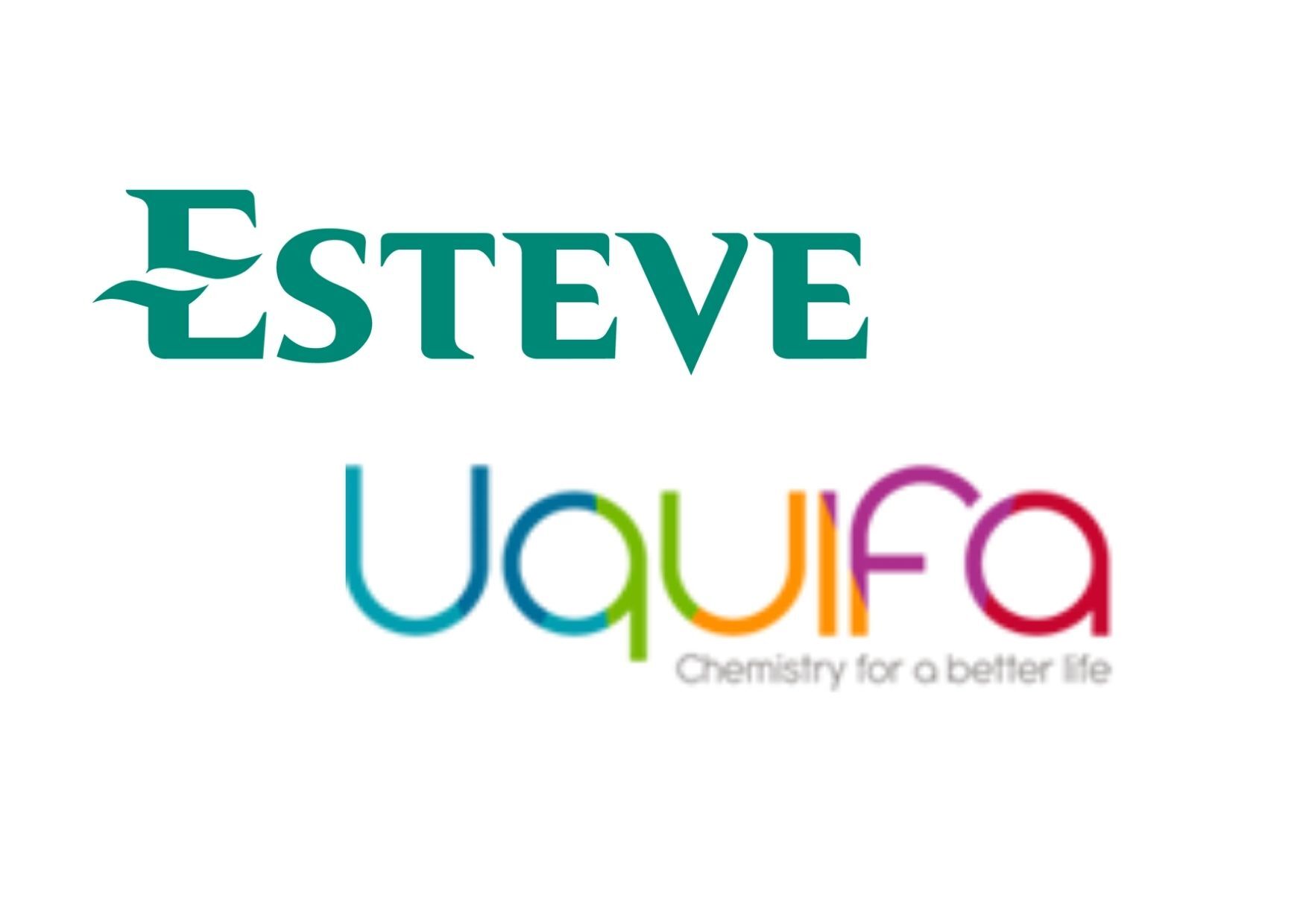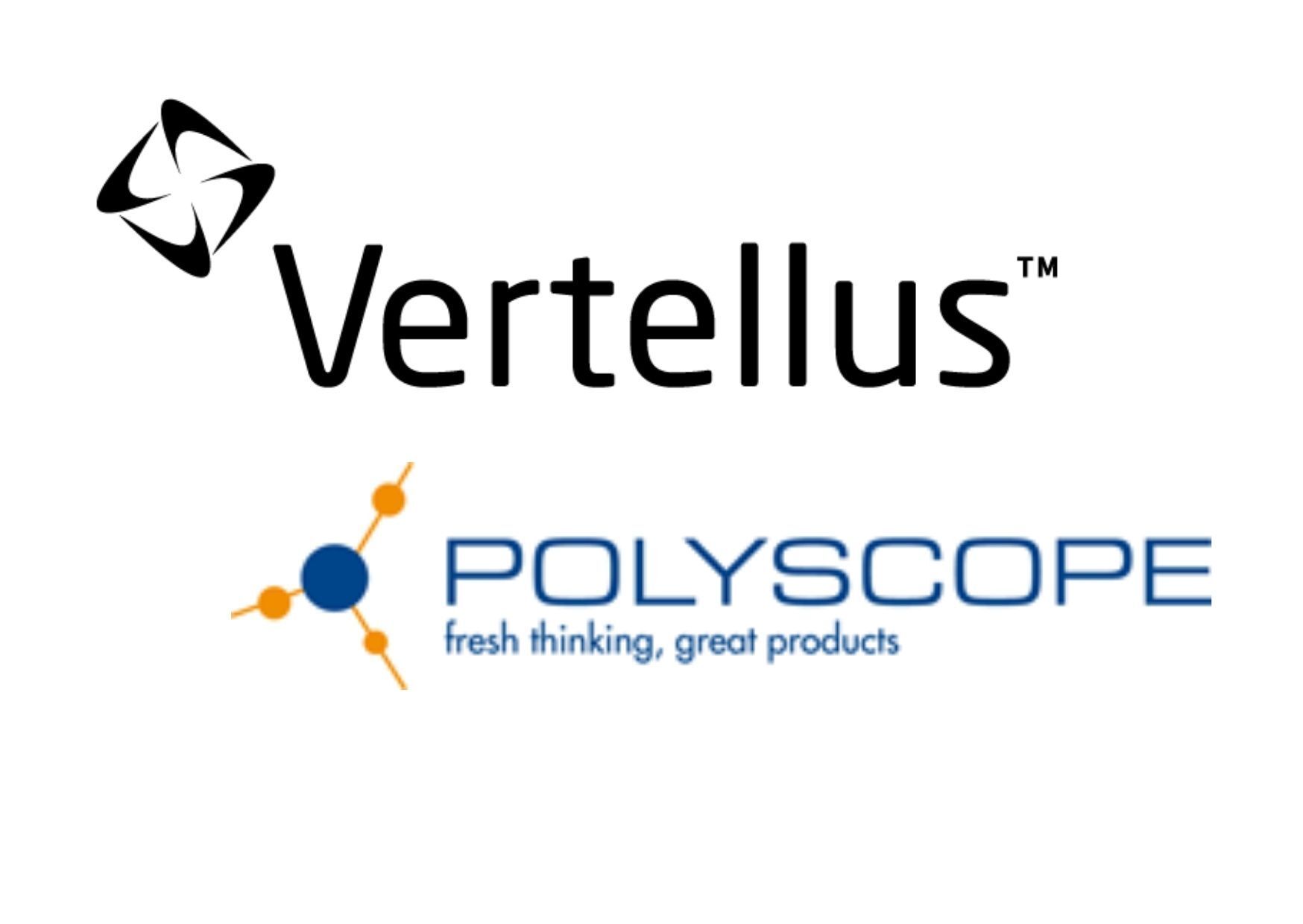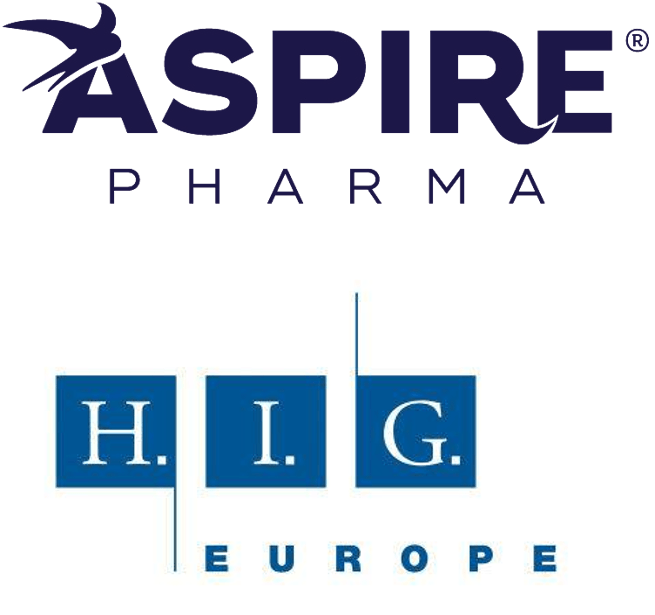The most important thing to do when selling a chemicals or life sciences company
Why a single compelling transaction narrative is critical to value
Owners of high-performing chemicals or life sciences companies are typically brilliant, passionate, hard-working and entrepreneurial. It is often this passion and drive that has been instrumental in building a company and selling its goods and services. In my experience it is also this passion and drive that means owners can sometimes be so deeply involved in the inner workings of their businesses they can find it hard, or don’t have the time, to properly communicate what makes their business great to potential buyers (a different prospect to selling the company’s products or services).
My team and I have reviewed data on many chemicals and life sciences companies over the years – often these data consist solely of a collection of corporate documents saved in a data room, or where there is a corporate presentation, it is often descriptive – verging on a “list of facts” about the business.
Whether we are advising the buyer or the seller, a crucial part of our job is the same, to make sense of the data and to identify the value of a seller’s business in combination with the buyer’s.
To illustrate the pitfalls here, and focusing on the seller’s perspective, the following sets out how simply presenting data to buyers can be detrimental to value, whereas pro-active identification and communication of a transaction narrative tying the data together can, in my experience, have a hugely positive impact.
When static data and descriptions alone are presented to buyers, the following threats arise:
- Corroboration prejudice – it is human nature to seek validation of one’s own preconceptions. Buyers tend to be suspicious of facts that contradict their views and actively seek out facts that support them.
- Unpredictable prioritisation – buyers with limited time often like to prioritise and identify the things that really matter, 'spot the key variables'. In a list of 50 or 100 isolated facts, buyers have no clear mechanism to do this and where their focus falls can be unpredictable.
- Limited recall – I have often heard it said that people can typically only remember two or three standalone points from any given presentation, and given the above bullets, the two points that buyers do remember are unlikely to be the ones the sellers wanted.
- Pattern gamble – as with the classic ink-blot psychological tests, buyers tend to make sense of highly complex data sets by overlaying familiar patterns. These patterns may or may not work in sellers’ favour, leaving it to chance is a gamble.
The solution to all the above is identifying and communicating a single internally-consistent transaction narrative that explains why these two companies are suited to one another. It is, of course, critical that the data support the narrative, but one must lead with the narrative.
Leading with a transaction narrative turns threats into strengths:
- Positive corroboration – if you can establish a basic narrative that the buyer can follow and believe in, as you delve deeper into the transaction, supportive data will naturally be assumed to be correct and apparently contradicting data will be tested, if not disregarded entirely.
- Predictable prioritisation – when seen in the context of a directional narrative, data that form part of the backbone are clearly distinguishable from data in less-relevant distant branches. Plus, if discussions do wander off-message, it is easier to guide them back.
- Targeted recall – if all goes to plan, buyers will walk away remembering the key theme of your narrative, which by design, should incorporate all the absolutely key things you want them to take away.
- Pattern recognition – with a narrative, the mass of information is set in a pattern from the beginning. Any other patterns the buyer may see in the data may still compete for the top spot, but the key thing is they start as a challenger, not the incumbent.
In summary, identifying and building a narrative, rather than a list of data, has several powerful benefits. In a competitive market, with lots of options, limited time, and a great range of opportunities good and bad, it is in everyone’s interest to pro-actively interpret company data and build a narrative that makes clear the real drivers of value in any potential transaction.
I will cover the “Five Golden Rules” of building an effective transaction narrative in another article – but in the meantime please feel free to contact me to discuss any of the above.
CCD Partners is a corporate development consultancy with expertise across the diverse and specialist markets of the chemicals and life sciences industries.
Receive M&A news relevant to your business
At critical moments our clients engage us to provide pre-publicity "off-market" intelligence to give them the edge over the competition - we also provide up-to-the-minute public or "on-market" intelligence for free
Contact Us
RECENT POSTS
